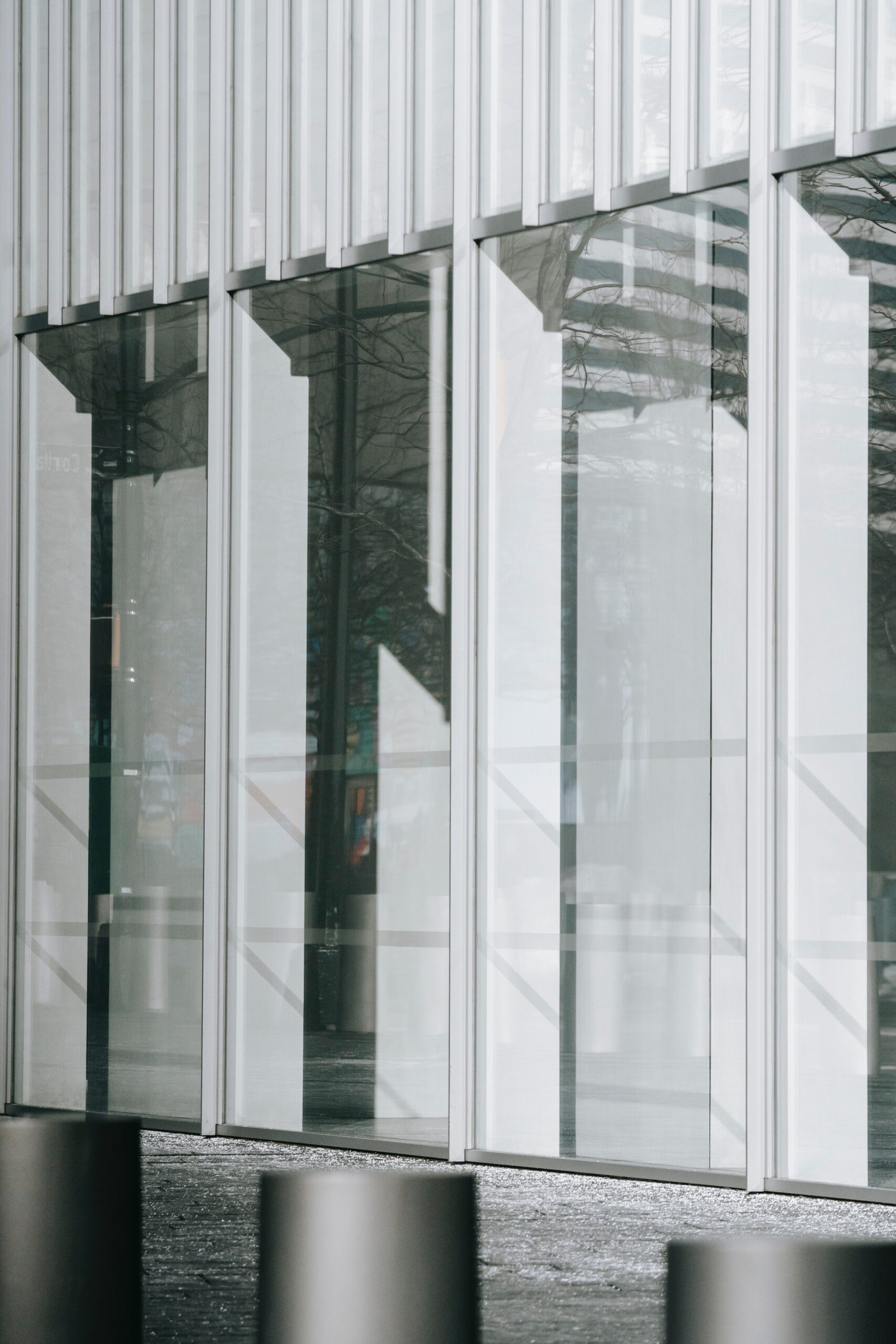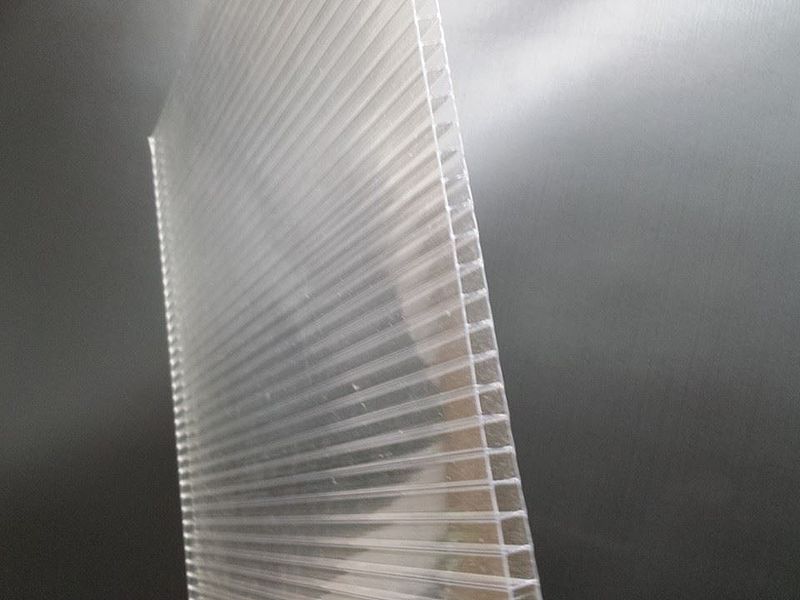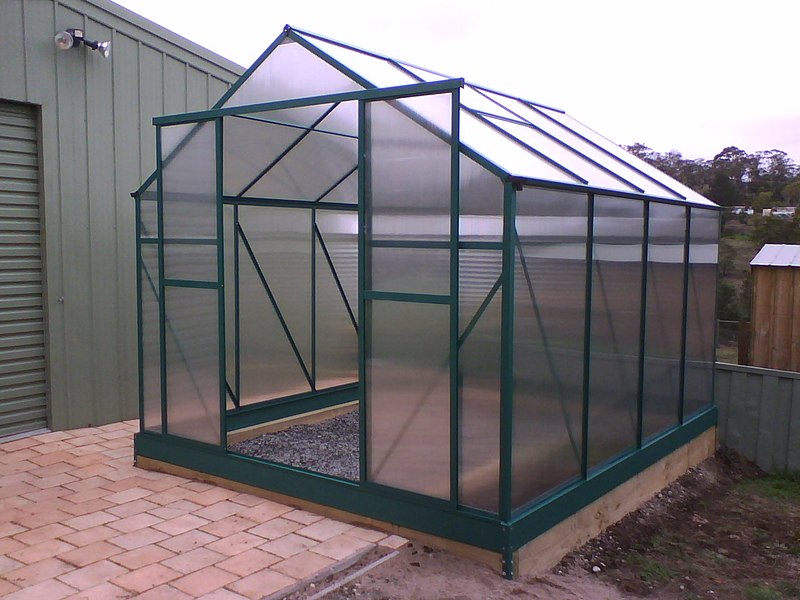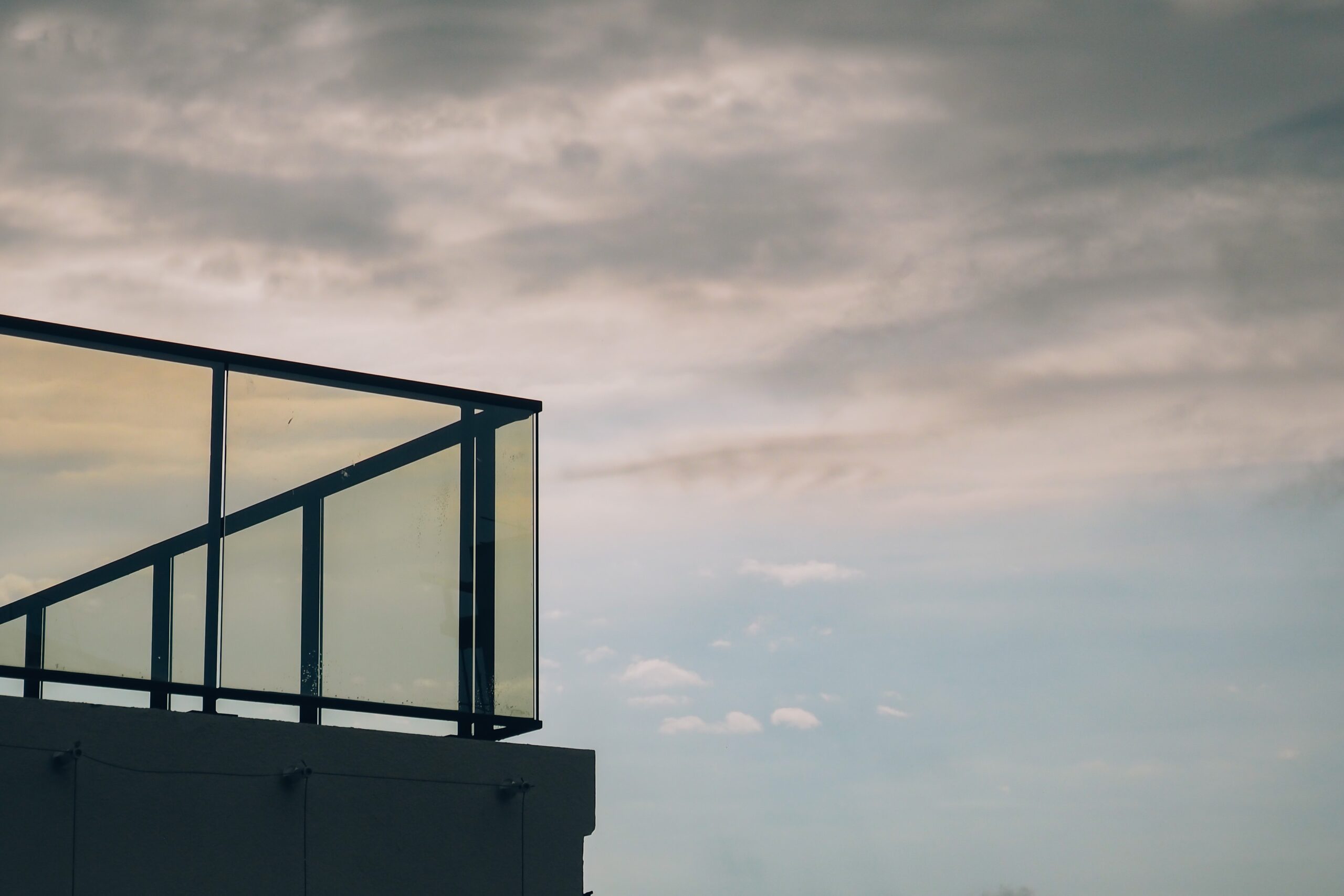The fence is an integral part of a contemporary home or country home, serving not only as a protective measure but also as an aesthetic element. A vast selection of building materials enables everyone to select their preferred option. In place of the classics, new technology emerged. The market is flooded with weather- and temperature-resistant synthetic polymers manufactured by numerous companies. In terms of sales, polycarbonate is the market leader’s representative in first position.
In this article, we will examine the primary benefits and drawbacks of this modern material, as well as its varieties and cost, and provide some practical advice regarding the selection and installation of polycarbonate fences.
What is the purpose of a polycarbonate fence?
A polycarbonate fence is a versatile residential structure that separates a property from a street and adjacent land. But before you begin work, you must examine the cadastral plan of the site, the underground communications scheme, and have the architect authorize the project. These straightforward actions will protect you and your family from claims and disputes with your neighbors, thereby preventing lawsuits and other legal actions.
The low weight of the polymer panels makes it possible to pour simple foundations and point-concrete the supports. This will reduce time and expense without compromising the fence’s durability and quality.
The honeycomb sheets contain cavities where dust and moisture accumulate. To prevent filthy streaks, the channels’ orientation must be strictly vertical. When the panels are raised to a height of 60 centimeters, the likelihood of deformation and the emergence of fractures on fragile honeycomb surfaces is decreased.
Types of Polycarbonate
Cellular
It is extruded from granules of plastic. In this instance, the sheet is composed of cells. Examining a section of a sheet reveals that it appears to be composed of two planes, between which are located vertical jumpers along the entire length. They determine the structure of the cells. Depending on the thickness of the sheet, the cells may contain additional zigzag bridges, which substantially enhances the material’s strength. The thickness of the cellular polycarbonate ranges between 4 and 32 millimeters.
Monolithic
Everyone is familiar with plexiglass, though it goes by another moniker. However, the resemblance is limited to the physical appearance and mechanical properties. However, the chemical composition is entirely distinct.
In contrast to cellular polycarbonate, monolithic polycarbonate is wholly transparent and can range in thickness from 4 to 32 mm. Weight, strength indicators, and, consequently, the cost of such a material are substantially greater than those of the cellular alternative.
On the basis of the characteristics of both types of polycarbonate, it can be argued that a cell material would be most suitable for the arrangement of fences. When you need to cover a large area and make the structure impermeable and secure, a monolithic will be a suitable option for special types of glazing.
The Pros and Cons of Polycarbonate Material
Each property owner will eventually need to install fencing around their property. This is due to the wish to protect property and to make the situation more private, i.e. to conceal private life from the prying eyes of passersby. Presently, there is a plethora of fencing materials from which to select. It depends on your financial resources, personal preferences, and intended purpose. Despite their high cost and disadvantages, many individuals prefer natural materials to synthetic ones. However, polycarbonate fences that appear graceful and weightless are becoming increasingly prevalent.
For homeowners, architects, and builders, polycarbonate fencing provides distinct safety benefits at a lower cost than glass barrier alternatives. As a fashionable alternative to traditional wood, iron, mesh, and aluminum fences, its popularity is rapidly increasing. In addition to its attractive appearance, polycarbonate fencing offers numerous practical benefits and essential safety features when used as a pool barrier because it is unbreakable.
Advantages of Polycarbonate Panels
1. Protect infants and animals
A polycarbonate pool fence will prevent unsupervised access to the pool by children and animals, giving you peace of mind. Climb-resistant panels and gates with self-closing closures and hinges make it easy to monitor the pool area. Designed to meet pool code specifications, polycarbonate is 250 times stronger than standard glass.
2. Enhance the aesthetic value of your backyard
Elegant and contemporary, polycarbonate fencing provides security without sacrificing aesthetic appeal. It is distinguished from wood, iron, and aluminum fencing by its elegant simplicity of design. This is an aesthetically pleasing addition to any pool, patio, veranda, garden, or terrace.
3. Keep views plain and unobstructed
The polycarbonate panels of frameless polycarbonate fencing are held in position by stainless steel clamps. It provides clear, unobstructed views and a seamless transition from interior to outdoor space. Ideal for any location where security benefits of a fence are desired without obstructing the view.
4. Enhance your home’s value
Polycarbonate fencing is more than a simple home enhancement; it is an investment that increases the value of your property. It transforms any deck, patio, or terrace into a sophisticated focal point that belongs in a lifestyle magazine. Frameless polycarbonate fencing is a no-brainer for those seeking to buy and resell homes.
5. Maximize your space
Polycarbonate fencing creates the illusion of more space, making your yard appear considerably larger than it actually is. This makes it a great choice for residences with smaller backyards. This elegant, versatile, and one-of-a-kind safety product can be used by designers and architects.
6. Easy to maintain
Polycarbonate fencing is one of the easiest varieties of fencing to maintain, which may come as a surprise. It will not rust or decay over time, as it is resistant to corrosive environments near pools, spas, and oceans. Every eight weeks, merely wipe down with soapy water. No painting, staining, replacement, or maintenance is necessary.
7. Sturdy and constructed to last a lifetime
Polycarbonate sheets have an outstanding combination of physical and mechanical properties, which are maintained under a variety of temperature and humidity conditions.
Polycarbonate sheets are a suitable alternative to conventional glazing materials. They are safe, simple to cut, install, and use, and nearly unbreakable. Polycarbonate sheets have a low specific weight compared to glass, which means they can significantly lighten the supporting structure and minimize the cost of transportation, handling, and installation.
8. Designs customized to suit any layout
The footprint and design versatility of polycarbonate fencing is another important advantage. Panels are simple to cut, install, and use, come in nearly any dimension or shape, and are nearly unbreakable.
9. Simple to install
Polycarbonate fencing is simple to install, and most qualified licensed contractors are capable of doing so. It does not require highly specialized equipment, except for those suited to the surface on which the clamps will be set (such as a core drill for working with concrete or tile).
Negative Attributes of Polycarbonate Panels
When compared to other materials such as glass or plastic, polycarbonate panels have few disadvantages. The high cost is one of the most significant disadvantages of polycarbonate panels, as it is considerably more expensive than glass and other plastics. As a consequence, many consumers contemplate the use of ABS (Acrylonitrile Butadiene Styrene), which is also extremely durable but has lower impact resistance and heat resistance. ABS is significantly less expensive than polycarbonate and is a viable option for purchasers who do not require the latter material’s extreme toughness and heat resistance.
Polycarbonate panels are widely utilized for a variety of purposes. Polycarbonate is a thermoplastic that is extremely durable, resistant to ultraviolet radiation, and aesthetically pleasing. It is available in both transparent and opaque varieties, making it ideal for construction and security-related applications.
Polycarbonate panels are not particularly resistant to surface flaking, marring, and abrasion. Therefore, surface denting is possible if caution is not taken. In addition, they are extremely sensitive to abrasive cleansers, alkaline cleaners, and solvents. Therefore, you must avoid substances containing acetone, benzene, or any other organic solvents with extreme caution.
The manufacturing procedure is not particularly eco-friendly, as it requires extremely high refining temperatures. In addition, it requires phosgene, which is known to be harmful to human health, and chlorine, which is also harmful to the environment. Consequently, a number of precautions must be taken to safeguard employees during the manufacturing process. If you are not sure when it comes to getting a polycarbonate fence for your pool, an acrylic fence can be another option for you. You can read our article, Which Material You Should Choose for Pool Fencing: Polycarbonate vs. Acrylic, for more information.
In conclusion
The use of a polycarbonate fence provides safety and privacy without sacrificing aesthetics. They are suitable for both indoor and outdoor use. The polycarbonate perimeter fence has extreme chemical resistance. Additionally, they have superior heat-insulating properties and are more efficient than fencing materials.
Backyard polycarbonate fences can withstand a variety of weather conditions, such as hail storms, torrential rains, and sunny weather, among others. They provide superior efficacy and colorfastness.



